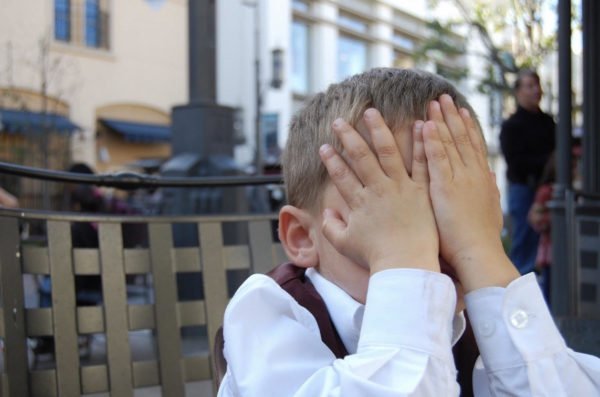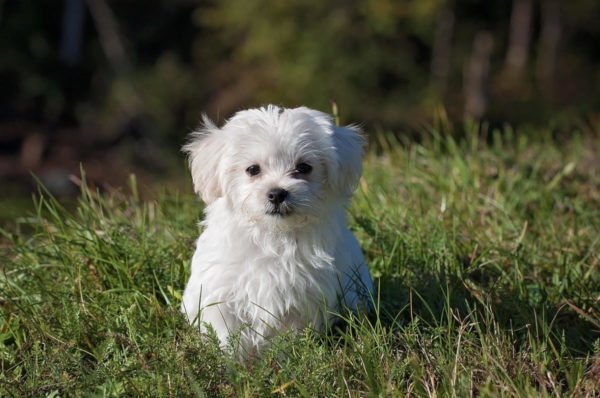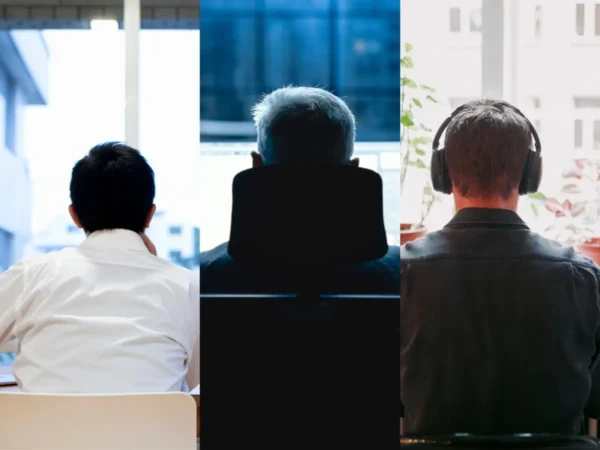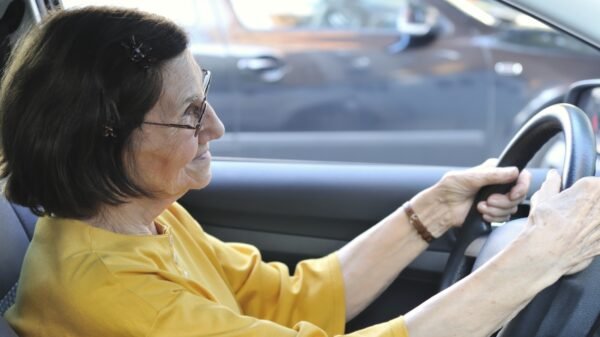
The Secrets to Feeling No Shame
I was sitting at a bench with my friends, one of whom was telling a story. For full story-telling effect, she gestured with her hands as she spoke. Unfortunately, a lady walking past mistook the eager hand motions as a wave from a friendly young adult, and waved back. Our table of seven squirmed in discomfort. The lady, upon realising the greeting wasn’t for her, laughed and continued on her way. Once the lady was out of earshot, we discussed how embarrassed she must feel, and what a god-awful mistake it is to respond to a greeting that wasn’t intended for you. However, I seemed to realise that as dreadful as we perceived the situation, that lady seemed not to care. In fact, she didn’t blush, nor did she cringe- she genuinely, truly did not care. This led me to conclude that in life, there comes a point when those mildly discomforting situations that pass by are really just that, and are no longer taunting snippets that flash into the mind at random times throughout the next month, sometimes even year. So how can one speed up this process of no longer caring? I made it my mission to find out.

I decided to study the actions of the most shameless man I know, my dad. One fine spring day we took the dog for a walk together. It was my decision to christen our little shorkie with the name Carlos, not actually expecting it to stick. It did, and I have regretted it since. As we approached an area where others were set up with barbeques and cans, the unleashed ball of fluff decided to take off into a field populated with cows. In his prominent english accent, my dad called after him, shouting his hispanic, male’s name. Upon hearing that he was being summoned, the poorly trained pup ran closer to the cows, requiring my dad to shout his name a few decimals louder. “CARLOS, CARLOS” echoed through the field, painting a look of confusion on the faces of onlookers. I was humiliated. Once the dog returned and was leashed, my dad seemed to notice my stressed breathing and flushed cheeks, asking what was wrong. I gestured towards the scene that had just unfolded and he snorted with laughter.
This brought me to my first revelation- laughter surpasses awkwardness. If you look at the funny side before jumping to immediate shame, it suddenly doesn’t seem all that embarrassing.

Soon after this event, I returned home to catch my brother about to go for a cycle. He was all dressed up in my dad’s cycling gear- shorts that resemble a nappy, a luminous skin-tight top and one of those pointy, extravagant helmets. Bearing in mind that he is no cyclist, I found his outfit choice bizarre. “What if someone sees you in that helmet?” He looked at me blankly and responded with, “well then they’ll know I have a brain I want to protect.” I watched in disbelief as he cycled off, revealing his questionable look to the world.
He now frequently goes for cycles dressed like this, and it no longer bemuses me. The fact of the matter is, whether a professional cyclist or not, the outfit is practical and if somebody were to see him, they would think that he is going for a cycle. Nothing more, nothing less. Which brought me to my next realisation- if you see it from another’s point of view, you’ll realise what little reason you have to be embarrassed. You probably still think of that morning at work when you found yourself making a coffee with the company of an unfamiliar colleague. Your pre-coffee brain couldn’t process office chit chat quick enough and your mouth came out with something awkward. Things you could’ve said that would’ve been much more appropriate and normal often appear in front of you. However, the reality is, that unfamiliar colleague might not even recall ever encountering you (hopefully).
Once these two realisations are processed, you can be freed of the feeling of shame. I came to understand this in the most unsuspecting of situations. As I went on my afternoon jog from my house, I saw a man coming towards me on a bike, dressed in luminous gear and a pointy helmet. Presuming it was either my dad or brother, I began to wave. I swung my hand violently from left to right in the air, with my fingers stretched out. I stuck my face in to give myself a double chin as I performed what I thought was a humorous greeting. As the man got closer, I began to realise the outfit wasn’t as familiar as I had thought. It was too late. My neighbour cycled past me wearing a concerned and bewildered expression on his pointy-helmeted head. As I continued to run, I started to laugh, and this is the first I’ve thought of it since.













































